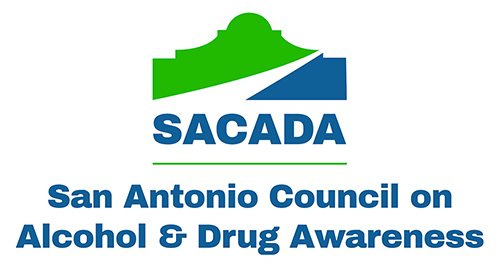High School

YPU – Project Toward No Drug Abuse
This YPU program works with all youth in 9th – 12th grade, using the Too Good For Drugs curriculum. The Project Toward No Drug Abuse curriculum is evidence-based and teaches students how to have better relationship skills, increase self-esteem, fight stereotypes, and set short- and long-term goals.
This program is not for youth who are already experimenting with drugs or experiencing legal issues due to drug use. The intention of this program is to continue to educate youth about the consequences of drugs use.
This is a 12 session program, 45 minutes per session.
YPI – Project Toward No Drug Abuse
This program is for youth ages 14 – 18 who are at a higher-than-average risk for drug use. This may include students who are involved with the legal system because of drugs, who are failing academics, or who have dropped out of school. The Project Toward No Drug Abuse curriculum is evidence-based and teaches students how to have better relationship skills, increase self-esteem, fight stereotypes, and set short- and long-term goals.
In addition to the curriculum, students meet one-on-one with group facilitators to see what resources our prevention specialist may be able to offer or refer them to. The facilitator then does a follow-up on any referrals given.
YPI – Youth Connection
This program is for youth ages 14 – 18 who are at a higher-than-average risk for drug use. This may include students who are involved with the legal system because of drugs, who are failing academics, or who have dropped out of school.
One of the curricula we use is Youth Connection, by Rainbow Days. This is an evidence-based curriculum that has been proven successful in reducing drug use. SACADA Staff has been specially trained to teach this curriculum. The program is a 10-week program that works on the children’s resiliency and social skills. By enhancing these skills, a child is less likely to use drugs as a coping mechanism.
In addition to the curriculum, students meet one-on-one with group facilitators to see what resources our prevention specialist may be able to offer or refer them to. The facilitator then does a follow-up on any referrals given.



